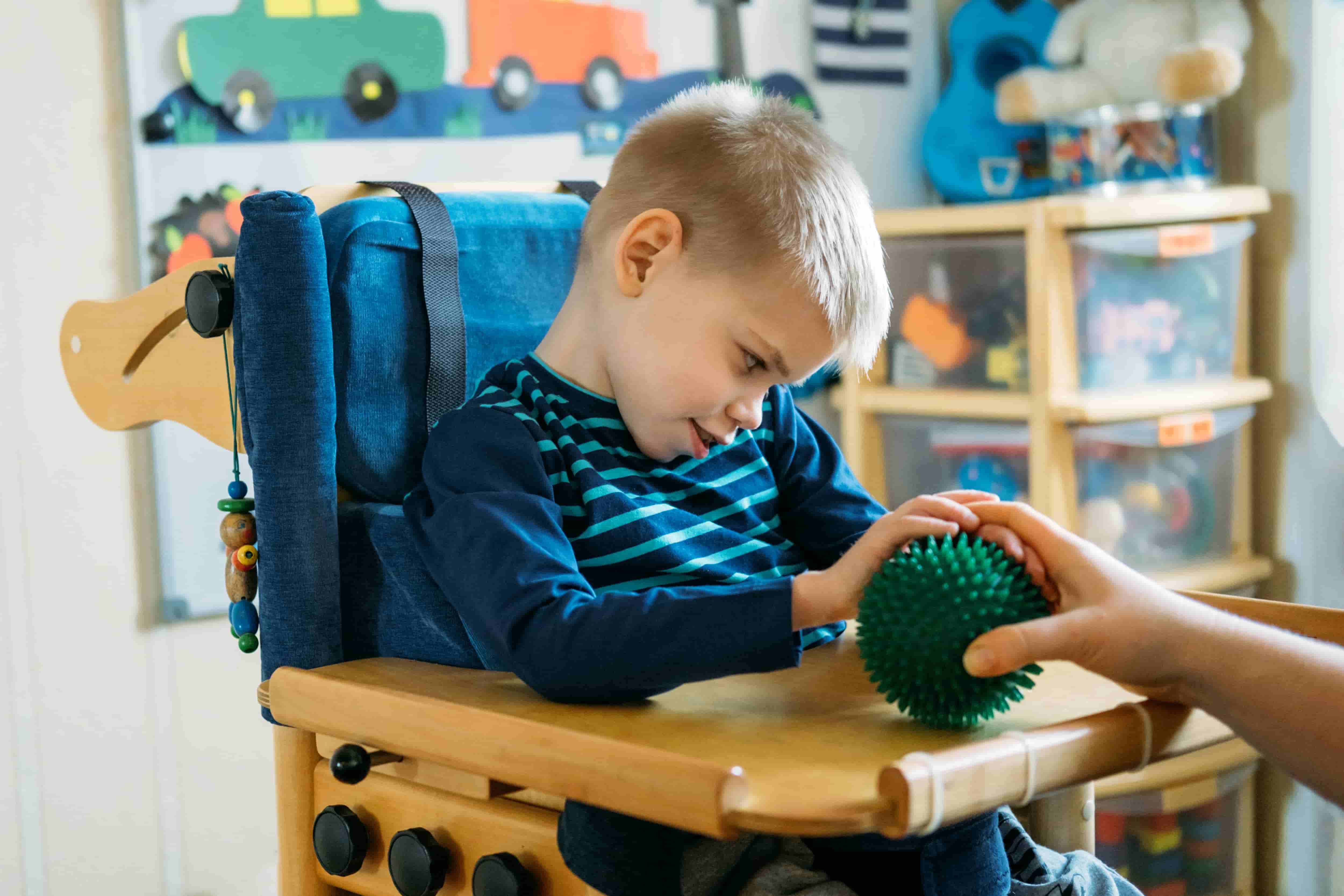
Understanding Tourette Syndrome
Tourette Syndrome (TS) is a neurological disability which involves involuntary and monotonous vocalizations, sounds and movements known as tics (spasms). These tics are neurological and not behavioral which implies that an individual with TS can’t control them. This syndrome of chronic multiple motor and vocal tics is now acknowledged to be far more common than once thought, affecting up to 1% of school children with a wide range of severity.
Vocal tics can include snorting, throat clearing, sniffing, tongue clicking or all the more seldom exclaiming socially unsuitable words or expressions. Motor tics can involve touching objects or people, nose twitching, facial expressions, eye blinking, jerking, spinning around, copying someone else’s activities or jumping all over.
At the milder end of the spectrum the associated psychopathologies can in themselves impair social and educational functioning, in particular obsessive compulsive disorder and attention deficit hyperactivity disorder (ADHD). Many patients with this condition go unnoticed and are not being adequately treated.
TS is usually diagnosed between the ages of 2 and 21. It is not known exactly what causes the disability, but it is likely a combination of genetic, environmental and neurochemical (chemicals of the brain) factors. It is a childhood onset inherited neuropsychiatiric disorder characterized by the presence of both multiple motor tics and one more vocal tics (sounds).
The symptoms of TS include tics, sounds and repeated movements which are chronic and involuntary. However, 85% of individuals with TS have something other than tics. Conditions like ADHD, OCD, anxiety and depression are likewise observed to be co-morbid with TS. Motor and sound tics are the hallmark of TS and not all abnormal sounds and noises associated with TS are produced by vocal cords.
It is vital to note that symptoms fluctuate in severity and change character within the same person and this variability of expression may contribute to diagnostic confusion and misdiagnosis.
Before a tic is communicated, an individual generally encounters what is known as a premonitory urge which can be explained as a development of increased tension, which progressively gets severe until the tic is released and then it is temporarily relieved.
Motor tics include:
• Dropping to the floor
• Punching
• Sticking tongue out
• Body extension and twisting
• Blinking
• Toe curling
• Rolling eyes
• Kicking legs out
• Stomach clenching
• Breathing in and out repeatedly
• Head jerking
• Squinting
Vocal tics include:
• Animal sounds
• Growling
• Throat clearing
• Change in voice pitch, high or low
• Squeaking
• Grunting
• Screaming
• Repeating words or phrases
Few individuals with TS often experience impulsive tics which include:
• Throwing items
• Touching hot things
• Scribbling over school work
• Running into a road
• Squeezing the contents of bottles
Tics and the connected symptoms of TS are different for every individual with the disorder and no two people will have the same symptoms. Tics are uncontrollable and can be influenced by internal and external factors like stress, fatigue, excitement and responses of others to a tic. Tics can change daily and sometimes also can be mistaken for naughty behavior.
Vocal tics can make an individual yell at things with regards to a person’s appearance or about a certain environment they are in. This does not imply that the person is thinking of unusual things or wants to express on those things, he or she may feel that a vocal tic is coming but has no clue what is going to be said.
Tourette’s Syndrome can draw a lot of attention when tics are expressed in public. Absence of knowledge and understanding implies that this attention is often negative and terrible. We have had loads of individuals gaze at us and move their children away from us. Kids have been frightened of the noises made, and for parents, these things are heart breaking.
Chetna Foundation helps children getting diagnosed, treated and supported for their Tourette’s.
| Tweet |





